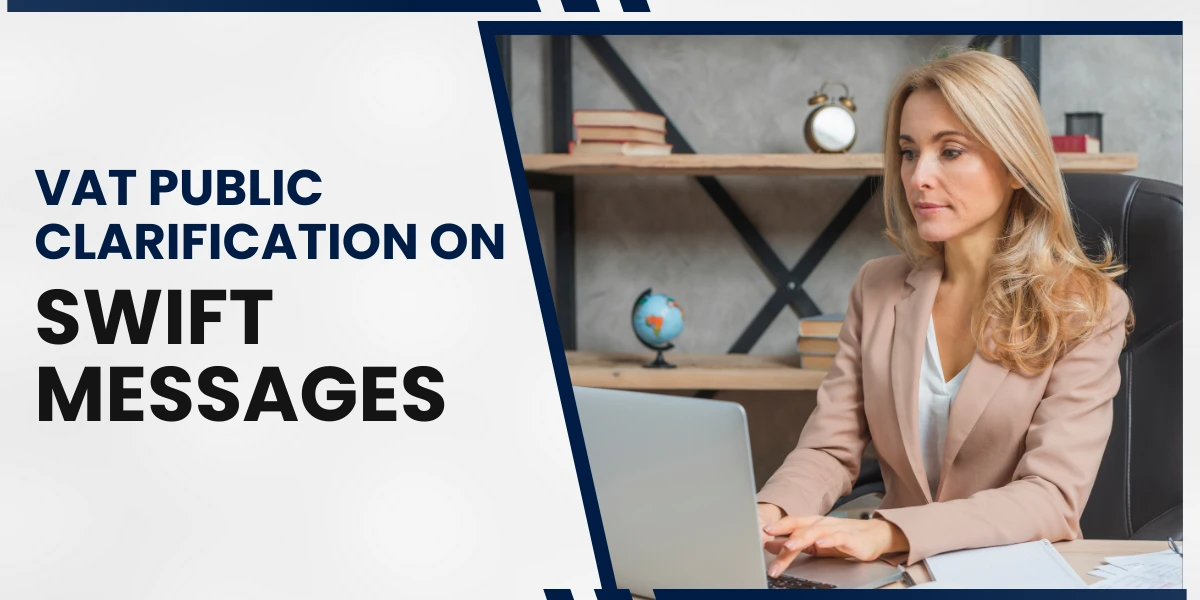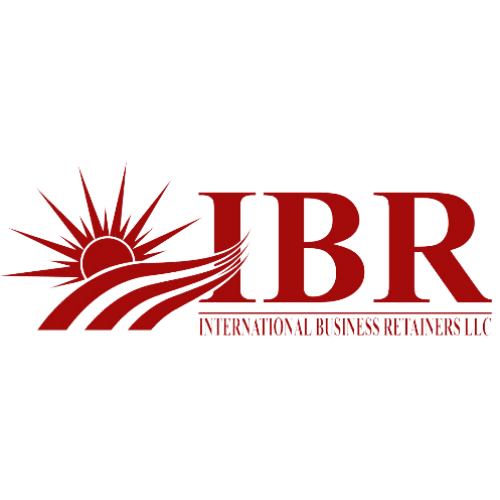
VAT Public Clarification on Swift Messages
Streamlining Financial Institutions’ Input Tax Recovery Process
In an effort to make it easier for financial institutions to reclaim Value Added Tax (VAT), the UAE Federal Tax Authority has released a Public Clarification about using SWIFT messages to record foreign bank charges. Given that it is not feasible to keep track of tax invoices for every SWIFT transaction, the clarification clarifies whether or not SWIFT communications can be accepted as enough documentation. This article examines the clarification’s main ideas and offers analysis of how it may affect financial firms doing business in the United Arab Emirates.
Recognizing the Problem:
When financial organizations, such as banks and exchange houses, conduct business internationally, they frequently have to pay VAT on the fees that non-resident banks charge for their services. The problem comes in trying to get this VAT back because SWIFT messages usually prove the underlying transactions. Nevertheless, SWIFT messages do not currently satisfy the necessary conditions to be considered tax invoices for UAE VAT purposes.
By providing guidelines on the acceptability of SWIFT messages for documentation and input tax recovery, the Public Clarification aims to alleviate this problem.
Key Highlights
Taxable Items and SWIFT Communications
• Financial institutions are regarded as providing supplies to themselves when they accept interbank services from.
• For these interbank services, including foreign bank fees, these institutions must provide tax invoices to themselves.
Difficulties in Documentation
• With the number of SWIFT communications received every day, it would be impossible to issue traditional tax bills for every SWIFT transaction.
• Although crucial transaction data is included in SWIFT messages, the format does not match that of a conventional tax invoice.
SWIFT Message Acceptance
• By issuing this Public Clarification, the Authority recognizes the administrative load and accepts, under certain conditions, SWIFT communications as adequate records for recording interbank services. These communications will be referred to as “Qualifying SWIFT messages” if the aforementioned requirements are satisfied.
• Certain details, including the names and addresses of the parties involved, the transaction date, the SWIFT message reference number, the transaction reference number, and a description of the transaction, must be included in a “qualifying SWIFT message.”
Exemption from Tax Invoice
- The Executive Regulation’s Article 59(7)(b) permits exemptions from the requirement to generate tax invoices in situations when there are adequate records on hand and doing so would be impractical.
Implications for Financial Institutions
Documentation Made Simpler
Financial institutions no longer have to worry about creating tax invoices for every SWIFT transaction since SWIFT messages that satisfy the required standards now qualify as valid documentary proof.
Recovering Input Tax
• Input taxes associated with foreign bank fees paid by financial institutions in the course of making taxable supply are refundable.
• The recovery procedure complies with normal input VAT regulations, emphasizing the fulfilment of the requirements outlined in Article 55(5) of the Executive Regulation for input VAT recovery.
Observations for Compliance
• Financial institutions need to make sure that the standards specified in the Public Clarification are met by SWIFT communications.
• Institutions need to make sure that their activities are in conformity with the established rules for the recovery of input VAT in order to maintain compliance with VAT regulations.
Implications for Financial Institutions
The Public Clarification offers a workable solution to the difficulties financial institutions encounter when logging foreign bank charges via SWIFT messaging. The UAE Federal Tax Authority hopes to facilitate compliance by streamlining procedures, lowering administrative burdens, and accepting “Qualifying SWIFT messages” as legitimate documentary evidence. In light of this clarification, financial institutions should evaluate their procedures to guarantee seamless VAT recovery while adhering to regulatory standards.
